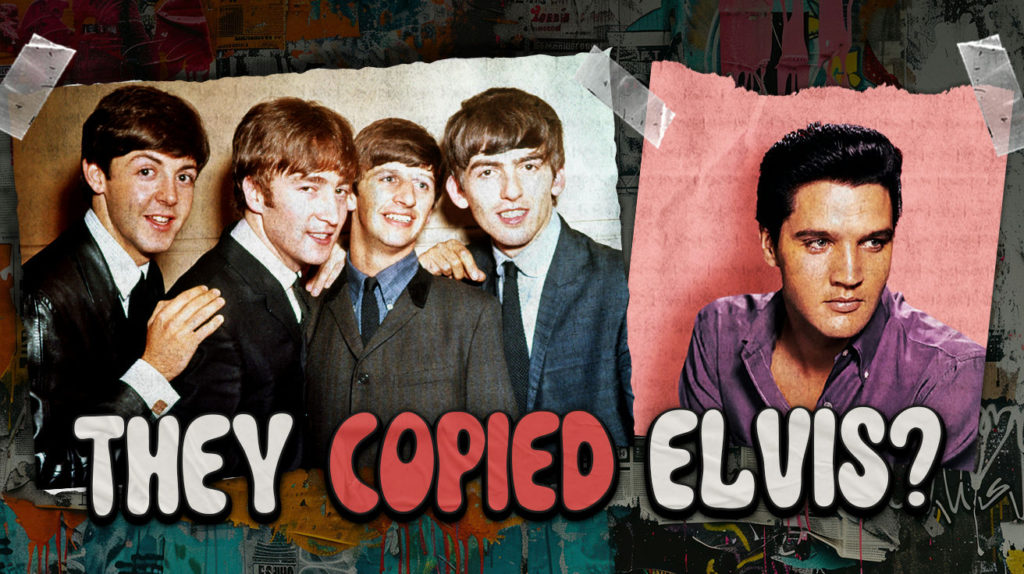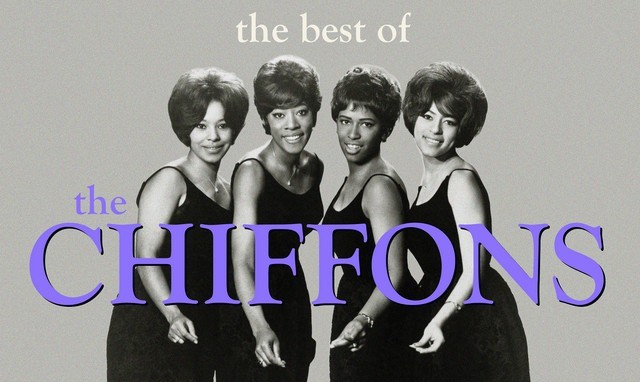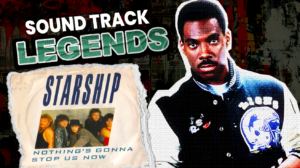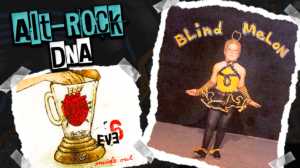
Music history operates like a game of telephone played across decades, except with lawyers. The Beatles faced more borrowing accusations than a college student with rich friends. Their meteoric rise came shadowed by persistent claims that questioned whether their songwriting genius was entirely original. You know that sinking feeling when someone points out your “original” idea already exists? These cases made that feeling cost $587,000.
7. He’s So Fine vs. My Sweet Lord

The 1976 case that broke George Harrison’s creative confidence saw “My Sweet Lord” declared unconscious plagiarism of The Chiffons’ “He’s So Fine.” The court’s $587,000 ruling established precedent that still haunts songwriters today.
Harrison maintained the similarity was unintentional, but the legal battle left lasting trauma. Picture your most creative friend suddenly second-guessing every idea because someone might sue them. The case created music’s equivalent of creative anxiety disorder.
6. Lady Madonna vs. Bad Penny Blues

“Lady Madonna” borrowed Humphrey Lyttelton’s boogie-woogie foundation from “Bad Penny Blues.” The Beatles injected jazz energy into mainstream pop bloodstream without legal consequences.
Their arrangement distinguished itself through signature pop sensibilities — effectively transforming the blueprint into architectural innovation. Like taking vintage aesthetics and making them feel completely contemporary.
5. I Feel Fine vs. Watch Your Step

Lennon openly credited Bobby Parker’s “Watch Your Step” as his springboard for “I Feel Fine.” Parker’s 1961 track peaked at number 51 but influenced everyone from The Beatles to Led Zeppelin. That’s main character energy in a supporting role.
This represents the difference between theft and inspiration — taking a recipe and adding ingredients that create something entirely new. Parker’s riff became the musical equivalent of a successful meme template that spawns countless variations.
4. Run For Your Life vs. Baby Let’s Play House

Lennon borrowed lyrics from Elvis Presley’s “Baby Let’s Play House” for “Run For Your Life.” The musical approaches diverged enough to avoid legal drama, though the song’s violent lyrics haven’t aged well — like finding your old tweets from 2012.
This illustrates the spectrum between homage and appropriation. Sometimes artistic citation works; sometimes it just feels uncomfortable in retrospect.
3. Come Together vs. You Can’t Catch Me

“Come Together” sounds like Chuck Berry’s “You Can’t Catch Me” the way Marvel movies sound like each other — undeniably similar DNA. Berry’s publisher Morris Levy wasn’t having it and sued Lennon faster than Twitter cancels celebrities.
The settlement required Lennon to record three songs from Levy’s catalog. Think community service, but make it musical. This creative debt repayment plan spoke volumes about industry power dynamics — like when your streaming service makes you watch ads because you borrowed someone’s password.
2. Yesterday vs. Answer Me

Some musicologists proposed Nat King Cole’s “Answer Me” as McCartney’s unconscious template for “Yesterday.” The claim remains speculative — music’s version of that friend who insists every movie is basically Star Wars.
Without academic consensus, the connection stays in conspiracy theory territory. Sometimes resemblances reflect coincidence rather than actual borrowing. Not everything needs a deeper meaning, bestie.
1. I Saw Her Standing There vs. I’m Talking About You

McCartney openly acknowledged Chuck Berry’s “I’m Talking About You” as inspiration for his bassline. The Beatles transformed Berry’s foundation into their own signature energy — like how TikTokers take audio clips and create completely different content.
This represents inspiration done right. The Beatles didn’t copy-paste; they remixed with attribution. Their version became a concert staple that still gets crowds moving like it’s 1963.





















